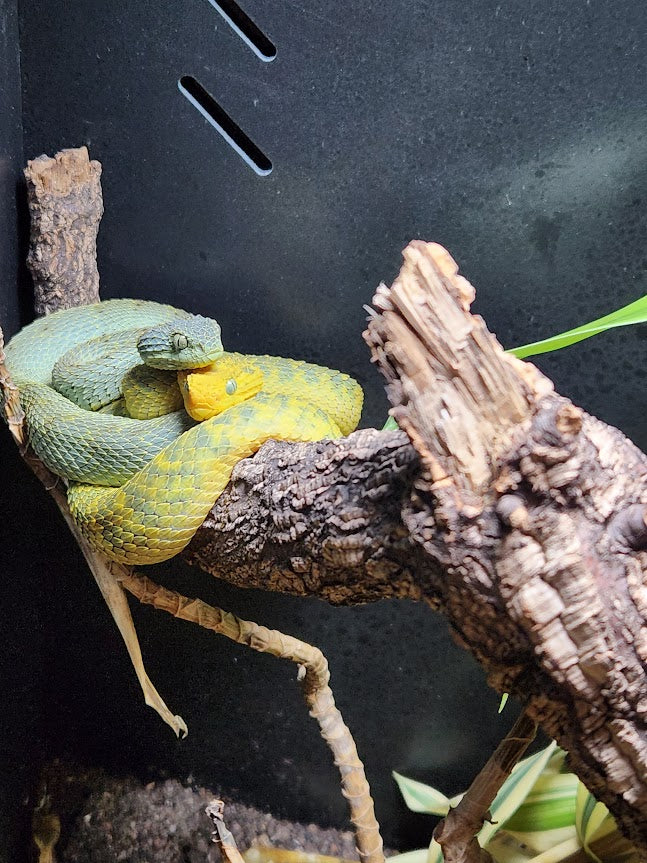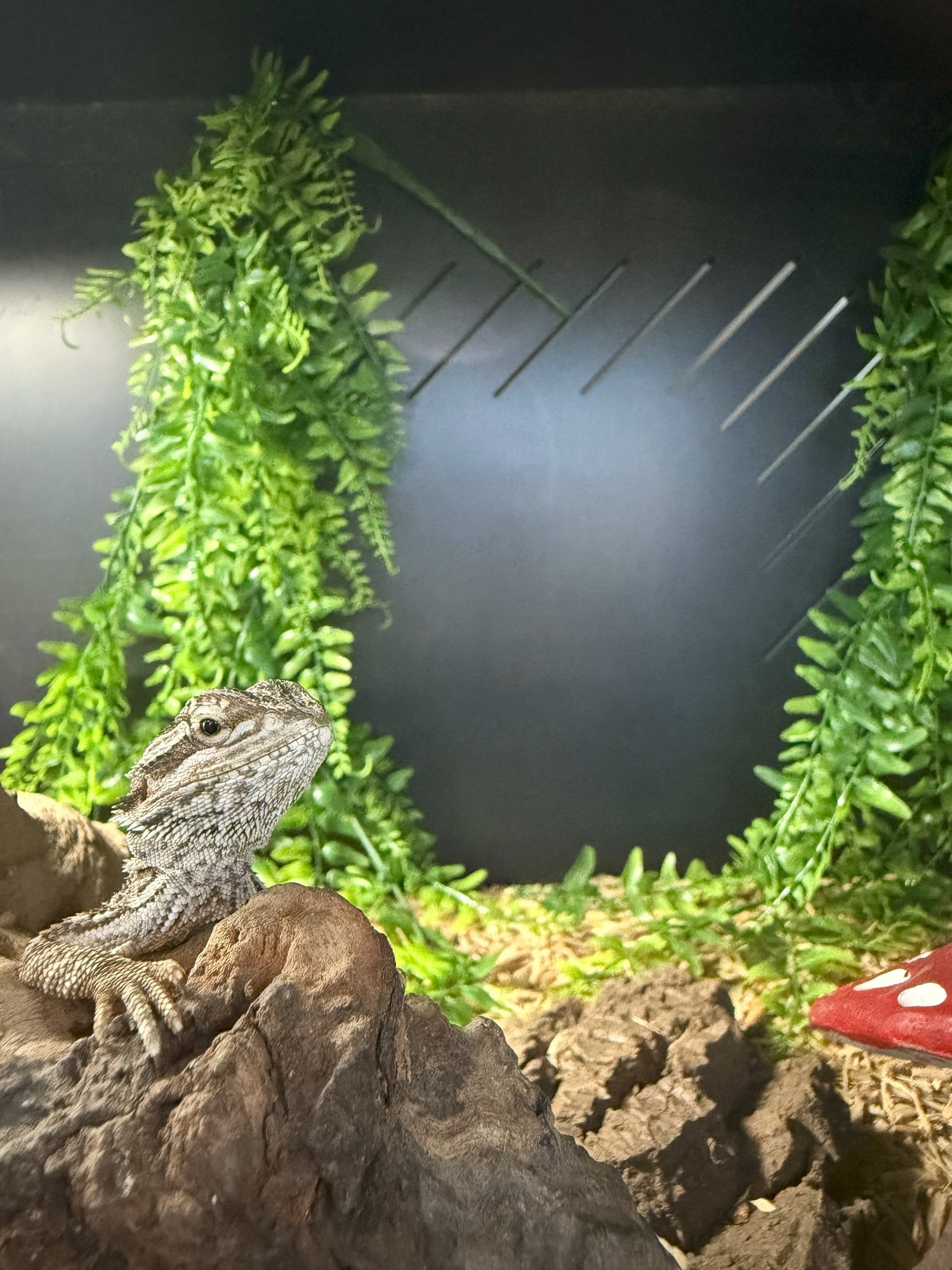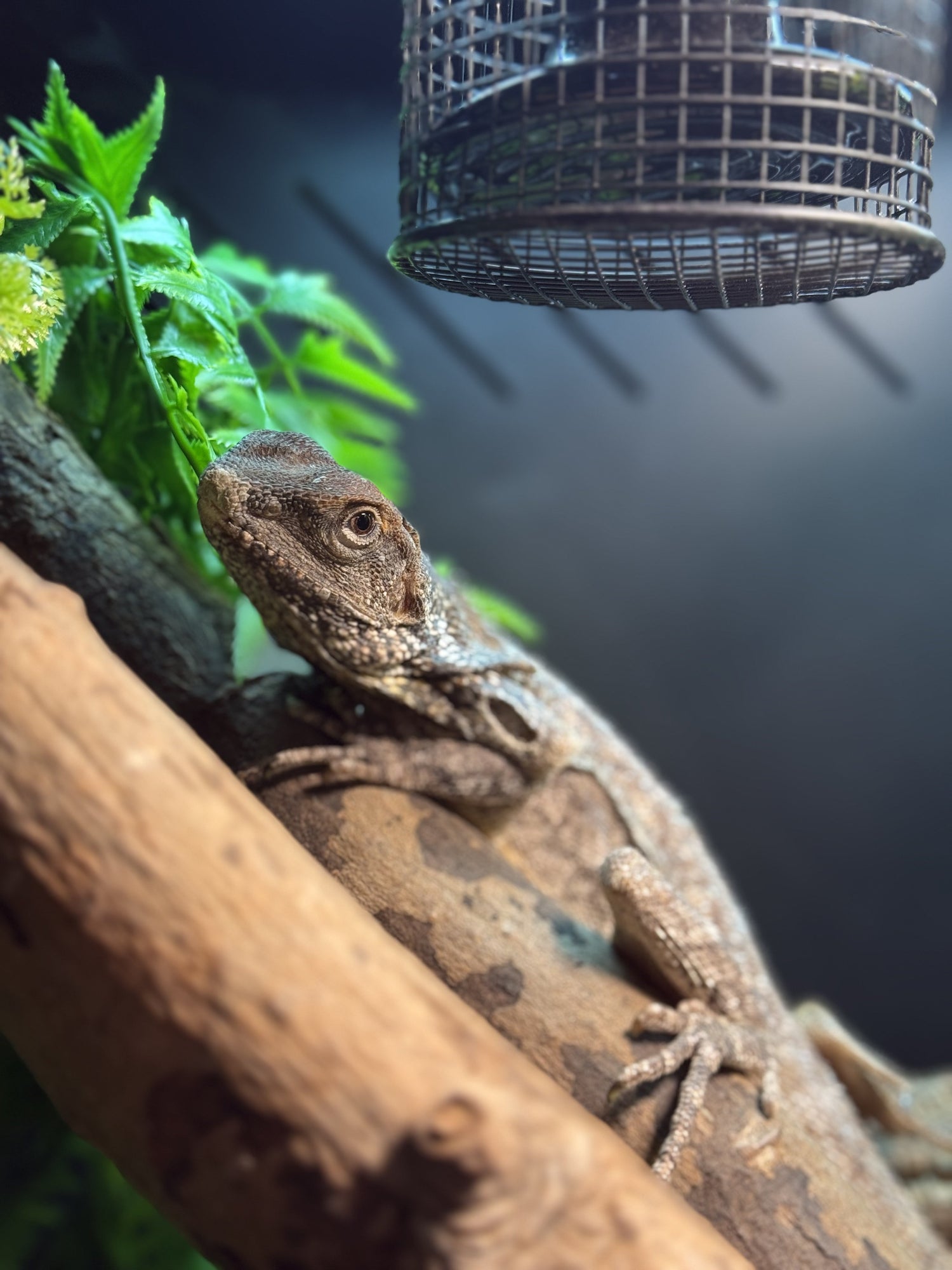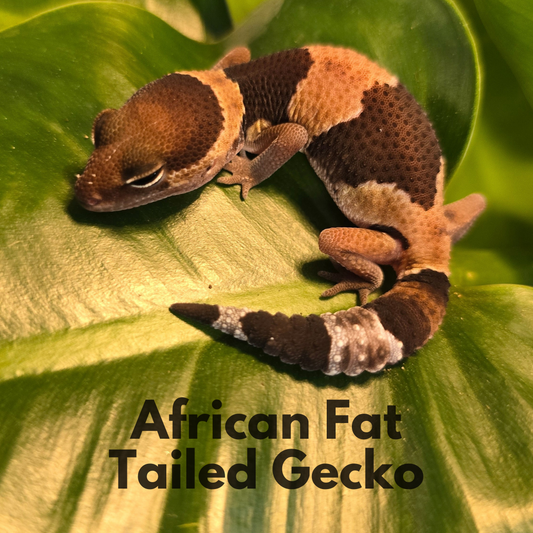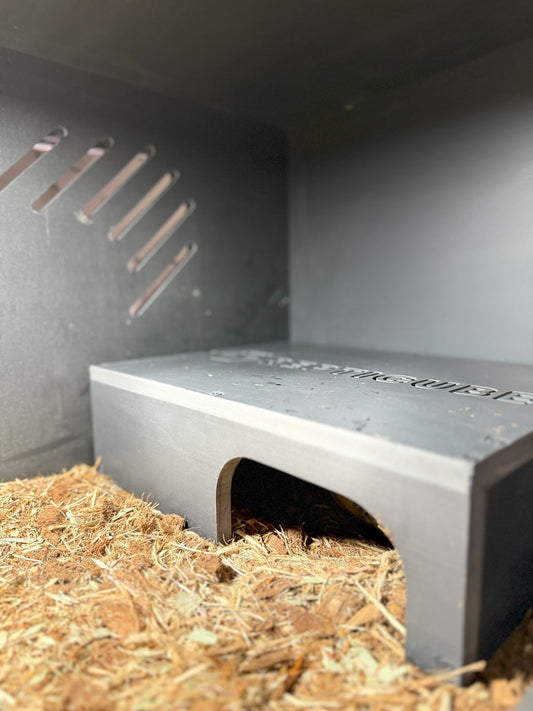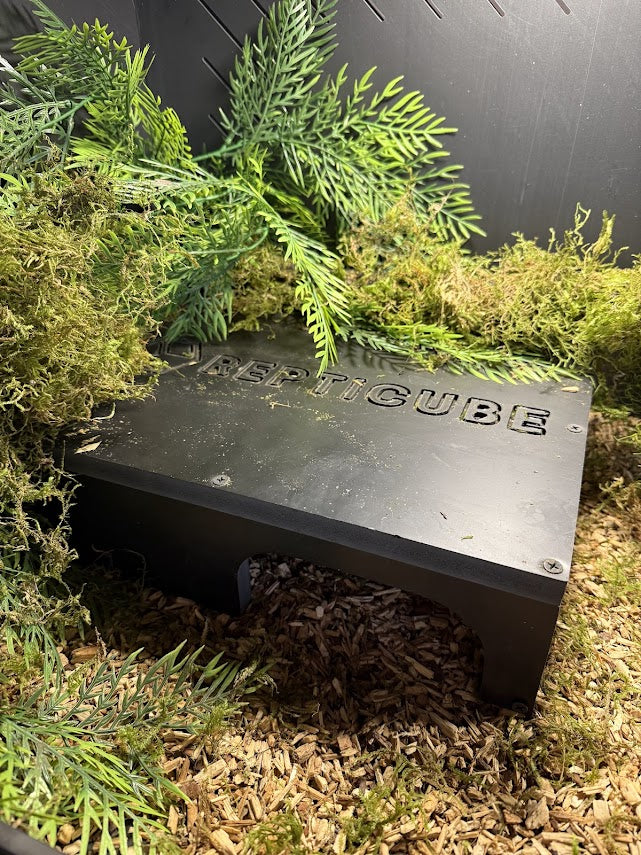Here’s a detailed exploration of the difference between PVC enclosures and other common reptile enclosure materials like glass, wood, and metal:
PVC vs. Glass Enclosures
- Insulation: PVC enclosures provide better insulation than glass, helping maintain stable temperatures, which is vital for reptiles.
- Weight: PVC is lightweight and easy to move compared to heavy glass enclosures.
- Durability: While glass enclosures are prone to breaking or cracking, PVC is shatterproof and impact resistant.
- Moisture Control: PVC offers superior moisture resistance, reducing the risk of mould or bacterial growth, whereas glass can trap moisture more easily.
- Customization: PVC enclosures are easier to customize with ventilation, dividers, and additional features, while glass enclosures tend to be more limited in modification.
- Insulation & Temperature Control: PVC provides better thermal insulation, maintaining consistent temperatures within the enclosure. Glass enclosures allow heat to escape more easily, leading to temperature fluctuations that can stress reptiles.
- Weight & Durability: PVC is lightweight and impact-resistant, while glass is heavy and fragile.
PVC vs. Wooden Enclosures
- Moisture Resistance: PVC is moisture-resistant, making it less prone to warping or rotting over time, while wood can absorb humidity and deteriorate faster.
- Weight and Portability: PVC is lighter and easier to transport than heavy wooden enclosures.
- Maintenance: Wooden enclosures can be difficult to clean due to their porous nature, while PVC is non-porous and easy to sanitize.
- Durability: Wooden enclosures often require regular maintenance to prevent decay, whereas PVC enclosures are more durable and long-lasting without much upkeep.
- Temperature Stability: PVC excels in maintaining stable temperatures, whereas wood, while decent, can warp or degrade in high humidity, affecting temperature regulation over time.
- Moisture Resistance: Unlike wood, PVC won't rot or harbor bacteria in humid environments.
PVC vs. Metal Enclosures
- Temperature Control: PVC provides better insulation compared to metal, which can fluctuate in temperature and potentially create uncomfortable environments for reptiles.
- Weight: PVC enclosures are lighter than metal, making them easier to handle and transport.
- Rusting: Metal enclosures can corrode or rust over time, especially in humid conditions, while PVC is rust-proof and maintains its integrity.
- Customizability: PVC enclosures can be easily customized with different features, while metal enclosures may not offer as much flexibility for modifications.
- Temperature Fluctuations: Metal enclosures can overheat or become cold quickly, making them unsuitable for reptiles needing stable temperatures. PVC, on the other hand, provides consistent thermal control.

